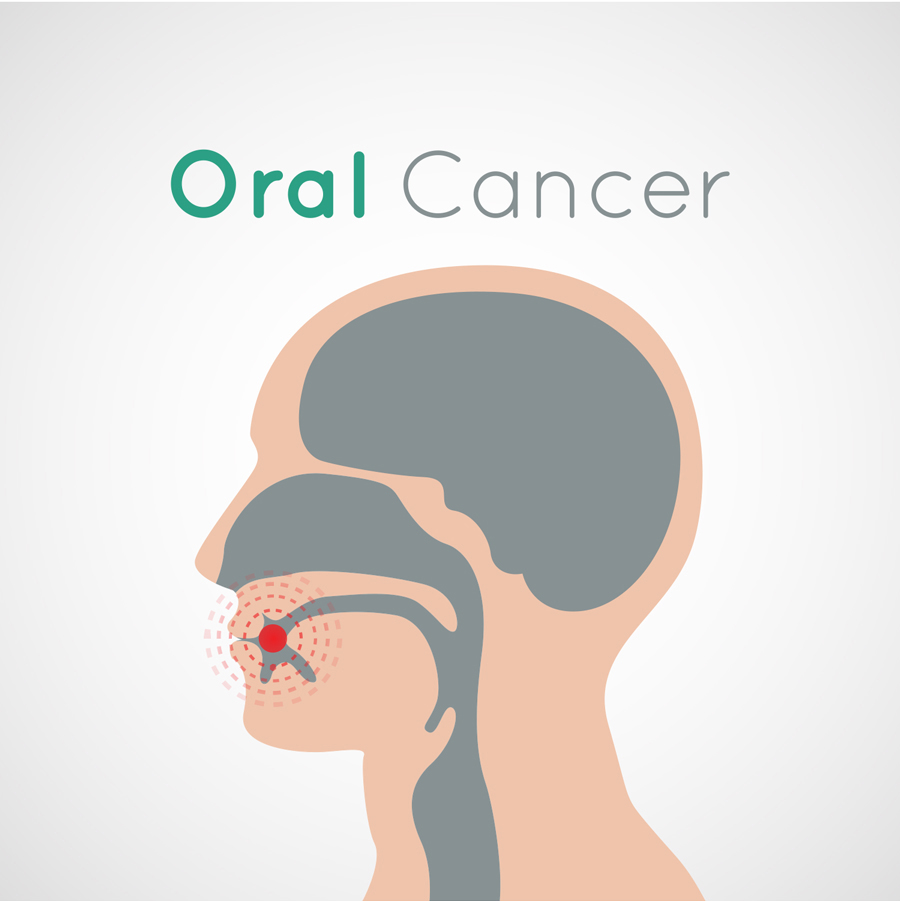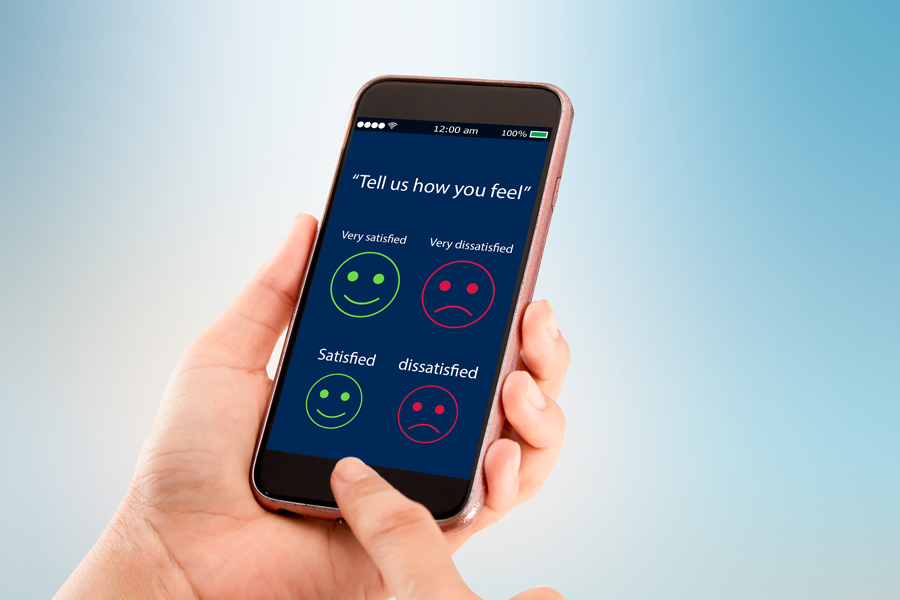Oral anticancer therapy: Improving safety, empowering patients
The ability of patients to administer potentially toxic oral anticancer medications by themselves in the comfort of their homes allows freedom and control of their treatment away from a hospital setting but does come with some risks. Audrey Chouinard and team from Centre hospitalier de l’Université de Montréal assessed the success of group education sessions to educate and empower patients with excellent results. The research team found that patients were more confident and more knowledgeable after participating in the sessions.
As cancer continues to devastate lives around the world it is essential that researchers continue to develop new and innovative treatment methods. One method of treatment that allows patients to minimise their time in a formal healthcare environment, and to take back some control in an otherwise very unsettling time, is oral anticancer therapy.
Oral cancer therapy
Oral treatment for cancer is simple in theory; it consists of patients taking anticancer medication orally in the comfort of their own home. Perhaps unsurprisingly, this can be a difficult adjustment for many patients and their caregivers who are more used to a hospital environment with qualified practitioners dispensing medication and managing side effects. The added risk of allowing the general public to store, administer, dispose and manage side effects of potentially toxic drugs means that clever tools must be used to ensure patients and their caregivers stay confident and safe.

A team of researchers in Quebec, Canada, led by Audrey Chouinard, recently investigated the effectiveness of delivering patient education through group sessions to teach recipients how to manage their medication and any side effects.
Group learning sessions
The sessions consisted of a single 75 minute group learning experience with both theoretical and practical sections. Four modules were covered throughout the sessions: treatment compliance; safe handling and waste management of medications; managing side effects and finally an introduction to the interdisciplinary team. Each theoretical component included short videos providing verbal and visual explanations to appeal equally to patients with different learning styles. A practical component was introduced: as well as allowing less formal and more personal interactions with the teaching staff, to help maintain participants’ attention span. During the practical components, patients and caregivers were able to practice safe handling whilst supervised by an expert nurse who was then quickly able to identify any barriers unique to the individual patient.
To ensure knowledge retention, electronic quizzes were used throughout the session with feedback instantly available. The instant feedback tool ensured that any gaps in understanding could be readdressed, and allowed the group learning experience be further personalised to the needs of the individual. Finally, participants were given printed information and access to the resources online, including the videos, to remind themselves of any details they may later forget.

Over the two years in which the sessions were analysed a total of 203 individuals participated in 35 classes; 124 were patients and 79 were caregivers accompanying the patients. Of the 124 patients, 75% (93/124) were on their first and 25% (31/124) were on their second oral anticancer therapy regimen. The 31 patients that had already received a previous individual course on oral anticancer treatment were asked additional survey questions. The answers showed that, in the individual courses (which were given before the group sessions), the information given lacked safe handling tips as well as how to manage side effects at home.
Participant confidence levels soared in many areas of understanding…
Aiming high
Though primarily focused on improving the experience of patients and their caregivers, Audrey Chouinard and team also drew objectives for the healthcare organisation, allowing them to quantify the success of the project. They identified the aims of the healthcare provider to be the provision of standardised, evidence-based information with an appropriate societal reading/learning level (i.e. the whole group session was adapted to accommodate the population literacy level) that is being offered to every patient and caregiver starting an oral anticancer medication. They also wanted the group session to be adaptable and transferable so that other healthcare settings prescribing oral anticancer therapy could also use the material for their teachings. The ultimate aim of the group sessions is to improve the satisfaction of both patients and caregivers related to their information needs.
For patients and caregivers, the objectives were understandably different than the ones of the healthcare organisation. The research team identified the learners’ (both patient and their caregiver) objectives to include building and retaining new knowledge about oral anticancer medication. During each session, the patients and caregivers would be able to experiment first-hand with new concepts, leaving with a greater sense of empowerment in the management of their own medication.

Mila Supinskaya Glashchenko/Shutterstock.com
Several methods were used to evaluate whether the objectives of the study were met. An electronic survey including 45 questions was developed and administered to participants. The survey explored participant satisfaction regarding the clarity and usefulness of the information given, the learning level and their interactions with the expert oncology nurse who led the session, as well as socio-demographic questions. Another part of the survey asked patients about their confidence in carrying out tasks related to their medication before and after the session. Finally, the remaining 25 questions (forming the majority of the survey) were dedicated to determining whether the participants had understood essential concepts.
A resounding success
The group sessions were found to be a resounding success with patients. Participant confidence levels soared in many areas of understanding including the importance of taking the correct dose of medicine on the correct schedule and the ability to recognise side effects and how to manage them. Another notable improvement in participants’ confidence included the ability to protect themselves and their household from the potentially dangerous medication.
As well as being a success with patients and their caregivers, the team also found that by delivering the sessions in groups, the hospital saved 111 hours of caregiver time which would have been required to deliver individual sessions. By training a limited number of specialist nurses to deliver the group sessions, the team derived another success to ensure consistency of the information provided. Previous studies had shown the quality of information (and resulting patient confidence) could vary greatly depending on the healthcare provider who delivered any training.

For the participants of this trial it is clear the results were worthwhile. Audrey Chouinard and team acknowledge the potential benefits of widespread dissemination of the tools and techniques used in these sessions. To aid their goal of sharing this information for replication in other institutions, they have published the resources online, with course materials available in both French and English. These can be viewed and downloaded at https://www.chumontreal.qc.ca/patients/cicc/therapie-orale.
With an international healthcare field which uses a range of initiatives to educate patients, the importance of sharing these effective methods cannot be underestimated.
Personal Response
What has been the most rewarding outcome of this initiative? Have any of the patient or caregiver responses surprised you?
<> The two most rewarding outcomes of this project are:
- The improvement of patients and caregivers confidence level on important aspects of safe oral anticancer therapy at home;
- The use of this group session in many healthcare settings in Quebec, Canada.
Some of our patients were reluctant at first to participate in the group session as it meant one more trip to the healthcare setting. But after assisting the session, they rapidly became great ambassadors in its promotion as they understood its importance in the provision of safe oral anticancer treatment.